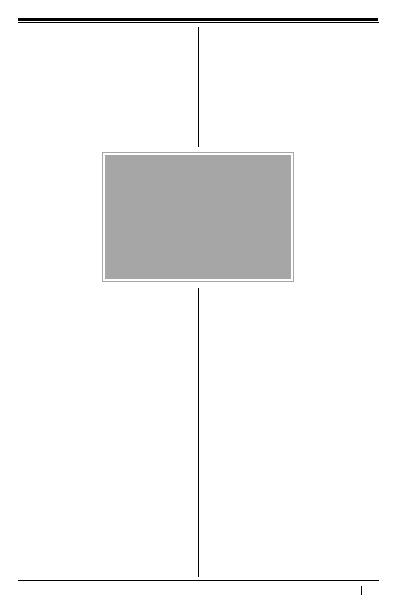
september 2011
CityLight.org
7
of expectations and accountability. We like
to say that we want to give our people the
`gift of accountability.' We find that people
love to excel, and they like to be challenged
and encouraged to be their very best."
Each year Southeastern does an employee
survey. One of the statements on this sur-
vey reads, "Considering all aspects, South-
eastern is a good deal for me." Cassels says
97.9 percent of
employees agree
with this state-
ment, "which I
think is a power-
ful endorsement
for how they feel
about being a part
of our company."
One
example
of SEFL's com-
mitment to its employees is its approach
to training and rewarding technicians.
The company's maintenance executives
are active participants in the American
Trucking Associations' Technology and
Maintenance Council, with Director of
Maintenance Leland "Lee" Long heading
up TMC's Professional Technician Devel-
opment Committee. The technicians not
only compete in TMC's annual "Super-
Tech" contest, but the company also hosts
its own technician skills challenge.
In addition to ASE certification, SEFL
has its own in-house technician certifica-
tion process called Associate Continuing
Education, made up of 16 modules that
span all aspects of heavy vehicle mainte-
nance. Technicians study for and test on
these modules. Once all are completed,
techs are recognized as ACE certified.
"Providing continual additional training
for technicians is a mandate for us," Cas-
sels says. "In 2008 alone, we invested over
6,000 hours in our technicians, outside the
ACE process. This time [included] train-
ing that was conducted in-house by our
maintenance department and sessions that
were conducted by OEM suppliers in our
21 shops. If you were to add the time spent
studying for and taking ACE tests on the
clock, these figures soar to almost 9,000
hours invested in 320 technicians."
SEFL also has
a formal Qual-
ity Improve ment
Process that "mo-
tivates employees
to continuously
improve to satisfy
customers." It was
started in 1985.
Cassels was the
company's first
director of quality improvement.
"We have two overriding strategies of how
we run our company," he explains. "The
first is our culture, and the second is our
Quality Improvement Process."
One of the key parts of the process, Cassels
says, is Team Structure and Participation.
"We want our associates to not only give
us their hands and their feet, but also their
heads and their hearts. We know that the
way to do that is through getting people
involved and engaged."
For example, every associate is a member
of an IQ workgroup team (IQ stands for
Individualized Quality) and they meet on
a monthly basis. There's a suggestion sys-
tem called the ACTION form, as well as
four different recognition levels that asso-
ciates can either nominate for or receive
recognition. They also have the opportuni-
ty to serve on other teams such as process
WITHOUT QUESTION,
THE MOST EFFECTIVE
LEADERSHIP MODEL IS
SERVANT LEADERSHIP,
AND JESUS IS MY ROLE MODEL,
BECAUSE THERE IS NO ONE
WHO HAS EVER PERFECTED
SERVANT LEADERSHIP
LIKE HE HAS."
"
